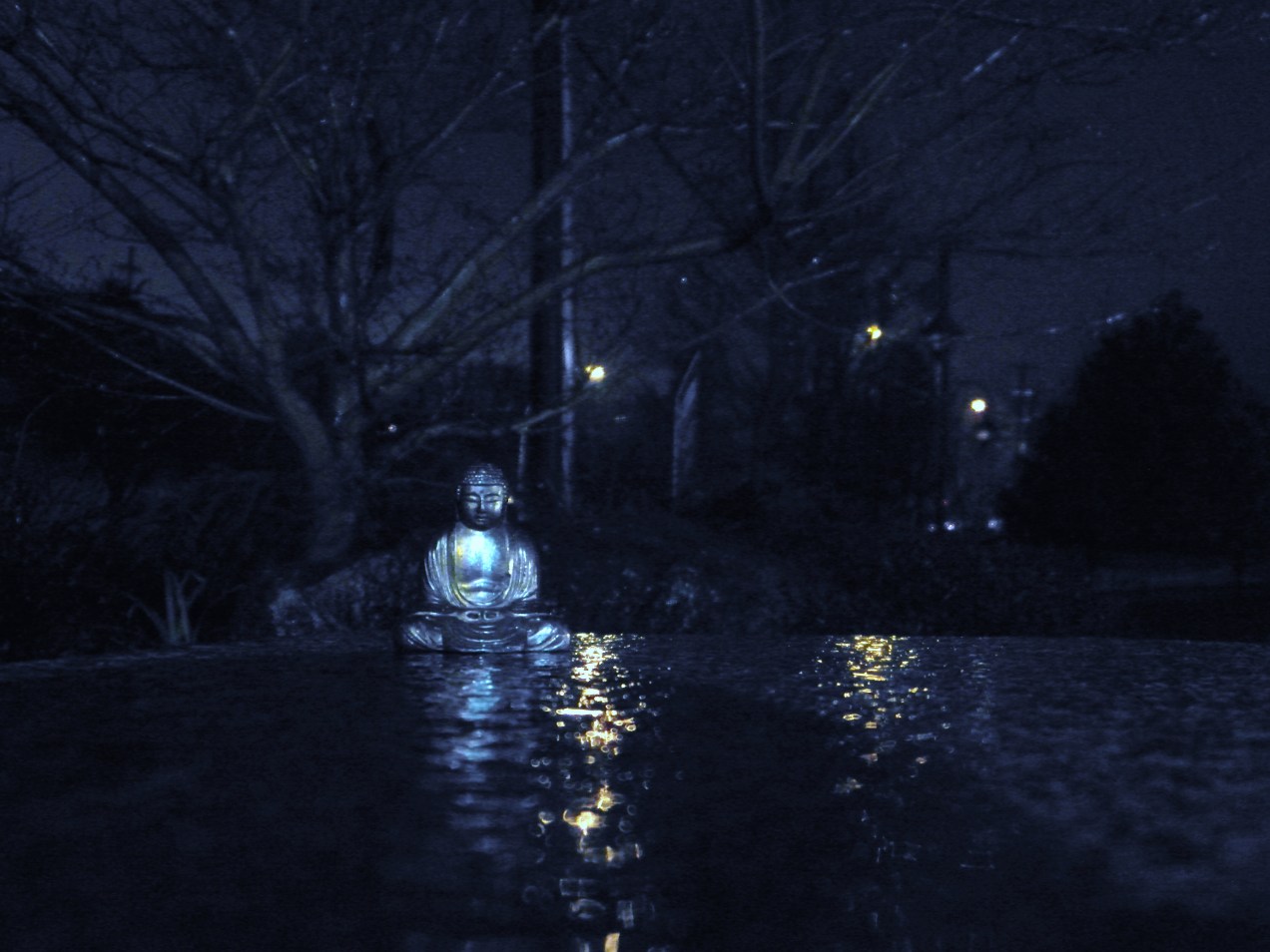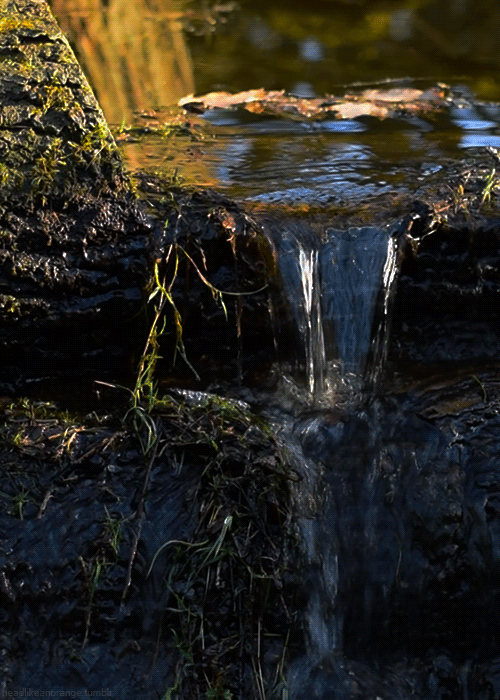“Once you stop clinging and let things be, you’ll be free. You’ll transform everything. And you’ll be at peace wherever you are.” ~Bodhidharma
“In making yourself quiet, you have to be quiet on all fronts — quiet in your deeds, quiet in your words, quiet in your mind. Only then will you be able to contemplate what’s going on inside yourself.
If you aren’t quiet, you’ll become involved in external affairs and end up having too much to do and too much to say. This will keep your awareness or mindfulness from holding steady and firm.
You have to stop doing, saying, or thinking anything that isn’t necessary. That way your mindfulness will be able to develop continuously. Don’t let yourself get involved in too many outside things.
In training your mindfulness to be continuous so that it will enable you to contemplate yourself, you have to be observant: When there’s sensory contact, can the mind stay continuously undisturbed and at normalcy? Or does it still run out into liking and disliking?
Being observant in this way will enable you to read yourself, to know yourself. If mindfulness is firmly established, the mind won’t waver. If it’s not yet firm, the mind will waver in the form of liking and disliking.
You have to be wary of even the slightest wavering. Don’t let yourself think that the slight waverings are unimportant, or else they’ll become habitual.
Being uncomplacent means that you have to watch out for the details, the little things, the tiny flaws that arise in the mind.
If you can do this, you’ll be able to keep your mind protected — better than giving all your attention to the worthless affairs of the outside world.
So really try to be careful. Don’t get entangled in sensory contact. This is something you have to work at mastering.
If you focus yourself exclusively in the area of the mind like this, you’ll be able to contemplate feelings in all their details. You’ll be able to see them clearly, to let them go.
So focus your practice right at feelings of pleasure, pain, and neither-pleasure-nor-pain. Contemplate how to leave them alone, simply as feelings, without relishing them — for if you relish feelings, that’s craving.
Desires for this and that will seep in and influence the mind so that it gets carried away with inner and outer feelings. This is why you have to be quiet — quiet in a way that doesn’t let the mind become attached to the flavors of feelings, quiet in a way that uproots their influence.
The desire for pleasure is like a virus deep in our character. What we’re doing here is to make the mind stop taking pleasant feelings into itself and stop pushing painful feelings away.
Our addiction to taking in pleasant feelings is what makes us dislike painful feelings and push them away, so don’t let the mind love pleasure and resist pain. Let it be undisturbed by both. Give it a try.
If the mind can let go of feelings so that it’s above pleasure, pain, and neither-pleasure-nor-pain, that means it’s not stuck on feeling.
And then try to observe: How can it stay unaffected by feelings? This is something you have to work at mastering in order to release your grasp on feelings once and for all, so that you won’t latch onto physical pain or mental distress as being you or yours.
If you don’t release your grasp on feeling, you’ll stay attached to it, both in its physical and in its mental forms. If there’s the pleasure of physical ease, you’ll be attracted to it.
As for the purely mental feeling of pleasure, that’s something you’ll really want, you’ll really love. And then you’ll be attracted to the mental perceptions and labels that accompany the pleasure, the thought-formations and even the consciousness that accompany the pleasure. You’ll latch onto all of these things as you or yours.
So analyze physical and mental pleasure. Take them apart to contemplate how to let them go. Don’t fool yourself into relishing them.
As for pain, don’t push it away. Let pain simply be pain, let pleasure simply be pleasure. Let them simply fall into the category of feelings.
Don’t go thinking that you feel pleasure, that you feel pain. If you can let go of feeling in this way, you’ll be able to gain release from suffering and stress because you’ll be above and beyond feeling.
This way, when aging, illness, and death come, you won’t latch onto them thinking that you are aging, that you are ill, that you are dying. You’ll be able to release these things from your grasp.
If you can contemplate purely in these terms — that the five aggregates are inconstant, stressful, and not-self — you won’t enter into them and latch onto them as “me” or “mine.”
If you don’t analyze them in this way, you’ll be trapped in dying. Even your bones, skin, flesh, and so forth will become “mine.”
This is why we’re taught to contemplate death — so that we can make ourselves aware that death doesn’t mean that we die. You have to contemplate until you really know this. Otherwise, you’ll stay trapped right there.
You must make yourself sensitive in a way that sees clearly how your bones, flesh, and skin are empty of any self. That way you won’t latch onto them.
The fact that you still latch onto them shows that you haven’t really seen into their inconstancy, stress, and not-selfness.”
excerpt ‘From Reading the Mind’
“Upasika Kee Nanayon (1901 – 1979) was arguably the foremost woman Dhamma teacher in twentieth-century Thailand.” ~Thanissaro Bhikkhu




























Recent Comments